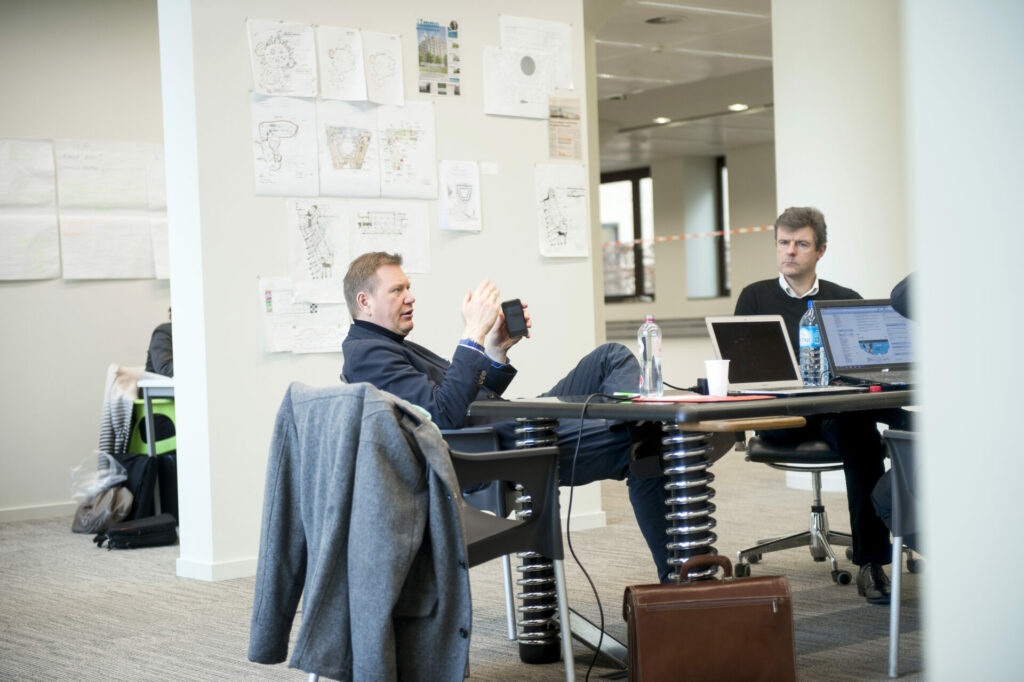Belgian company bosses are powering ahead when it comes to integrating artificial intelligence (AI) in the workplace, and few see it as a challenge. However, among employees, fears are more widespread.
From speeding up the recruitment process to managing staff, Belgian companies are increasingly incorporating AI technologies into the workplace. The latest survey by HR services provider SD Worx showed that one in three Belgian companies has already invested in AI.
The company surveyed more than 5,000 companies and 18,000 employees in 18 countries and stated that this figure puts Belgium in line with the European average. However, Belgium is falling behind Poland (42%), Romania (40%) and Italy (36%).
While the importance of AI in the workplace is recognised across all countries, European companies do not consider integrating AI into their HR activities a major challenge at all.
In Belgium, it is at the very bottom of the list of surveyed priorities, except among larger Belgian companies which see it as a slightly bigger challenge. A quarter (or 24%) of Belgian organisations do indicate that they already use AI technology in the payroll process.
Cause for concern?
The introduction of AI may not be keeping employers up at night, but it is definitely cause for concern among workers. One in five employees fear that generative AI – a technology that creates new, unique data, based on patterns and structures learned from existing training data – could take over many of their tasks.
The survey showed one in six Belgian employees (16%) already regularly use AI in their jobs. Not unexpectedly, the percentage of employees who are concerned about AI replacing them rises to 32% among employees already working with (generative) AI.
These fears should not be swept under the rug immediately, as one in three Belgian HR managers surveyed expect AI to make certain jobs redundant. But Tom Saeys, COO at SD Worx stressed that finding the right balance between technology such as AI and human support is key. However, another survey showed that a majority of companies (82%) believe they will need the same number of staff if AI takes hold in the workplace.
Related News
"Artificial intelligence can create a lot of value, such as improved efficiency, faster customer service or interesting insights that HR managers can work with," he said. "But we are confident that this will not come at the expense of jobs; in fact, net, it will even lead to extra jobs being created." A recent study showed new jobs will emerge in tandem with old ones disappearing. For example, previous fluctuations in the job market made administrative work more scarce and intellectual work more widespread.
Saeys stressed that, to realise AI's full potential, companies need to switch to a different approach, while continuous training and lifelong learning are also necessary, for both companies and employees.

